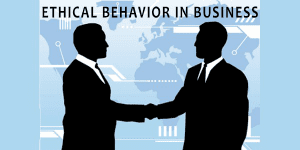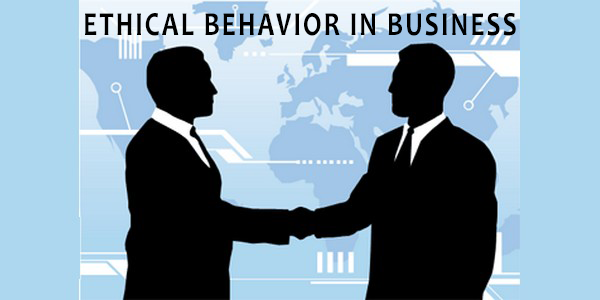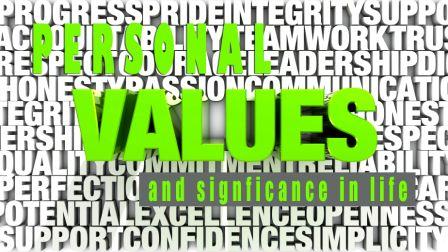Ethical behavior in business leads to professionalism. Its counterpart is a sort of discrimination that with the use of leadership style and personal power. Among many ways of behaving unethical, two are nepotism and favoritism.
Favoritism tends to disqualify a deserved person and higher score is rewarded to non-deserving person. Usually, personal power and designation is used to favor some friends or family members, those are not having proper qualification or skills for the post.
Unethical behavior of leaders is common in many organizations. The unethical framework comprises of certain significant elements such as misuse of power, leadership, morality and dimensions of followers.
Ethics and Culture
Cultural norms, ethics and moral values are interlinked. Through culture, certain values, goals, beliefs and leader’s practices among people is analyzed. The ethical values and morality depict the particular behavior of people, when examining in any organization. Ethical behavior in business is attributable to cultural diversity.
Across the geographical region, cultural values vary, and through moral standards, people reveal their behaviors. Set of culture simplifies the basic guidelines about the integrity, safety and living style of generations.
How culture interacts with ethics is a universal approach, since moral values are same for everyone. Moral and ethical values go side by side. Morality is based on human principles and sometimes religious beliefs. Morality and ethics are interchangeable.
Ethics in Business Environment
Whenever we talk about morality and ethical norms in organization, it means the equal level of ethical values prevails in that atmosphere. This is a professional approach that, if not followed in legal way, becomes unethical. Within organization, the work behavior of employees and employer reflect their ethical values and professionalism.
Favoritism affects the workplace in different manners. In an organization, if favoritism prevails, lots of conflicts among employees tend to occur. Employees, who are working, have skills and qualification, getting promotion, does not get favoritism.
It is illegal to have bias in the workplace because it not only degrades employees but also takes away the right of a deserved person. Ethical behavior in business focuses on equality of rights.

Certain aspects of unethical behavior at workplace are important to investigate. For instance, it is important to know how favoritism affects workplace, what is the turnover impact due to unethical practices, ethical guidelines enforcement is helpful to connect with the strategy and mission, and how different cultures react to unfairness and see ethics?
Whenever management assigns responsibility to a less skilled or favored person, a company not only loses the end and failure in objective but also it is unjust to a deserving employee, since he is a non-skilled person.
Many people do favoritism for their concerns, for some benefits, and money and for job solicit. Nepotism is morale cancer because it creates sickness in the environment, at the workplace and erodes the placement of company.
Bottom line
In an organization, the management needs proper setup and organized work atmosphere, where it can find ways to employee’s motivation. Organizations use ethical practices to deal with employees, manage work performance and run the management matters.
Ethical leaders tend to think of the long-term benefits, decision making benefits and drawbacks. Favoritism and nepotism are prevalent in organizations that have taken its name preferential treatment.
This is a part of the bureaucracy and prevails in every corner of the world. Ethical behavior in business has its central place.
Company’s potential damages due to this cancer and the only cure for this disease are curbing the root. Many successful leaders are revealing unethical examples abound in government, business and religion. This leads to the development of poor ethical decisions and weakens the inner system of organization with less reliability.




